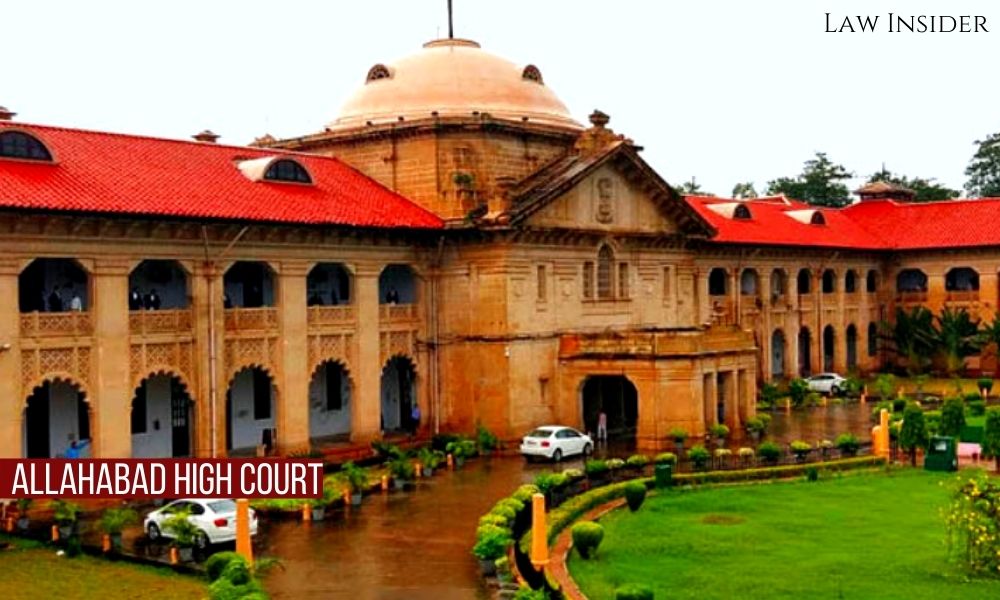Mitali Palnitkar
Published On: February 22, 2022 at 18:42 IST
The Allahabad High Court discussed the scope of Powers of the Courts at the time of framing Charges under Section 228 of the Criminal Procedure Code (CrPC), and to discharge an Accused under Section 227.
Justice Sangeeta Chandra observed that framing of Charges is exercised by the Trial Court in terms of Section 228 of Criminal Procedure Code unless the Accused is discharged under Section 227 of Criminal Procedure Code. The Court shall consider ‘Record of the Case’ and Documents submitted under both provisions.
After hearing the Parties, it shall either discharge the Accused or frame Charges if there is a suitable ground for presuming that the Accused committed an Offence.
The Court concerning Framing of Charges held that the Court would be correct in presuming that the Accused committed Offence when facts and ingredients of Section 228 exists. It stated that presumption is no presumption of law.
It stated, “The satisfaction of the Court about the Existence of Constituents of an Offence and the facts leading to that Offence is a Sine Qua Non for the exercise of such Jurisdiction.”
Concerning the aspect of discharge, the Court held that only when the Trial Court after examining the Case Diary and Evidence collected by Investigating Officer, finds that there was no material to proceed against Accused, the Discharge Application can be allowed.
The Court highlighted the distinction between the two stating that ‘Section 227 is an expression of Definite Opinion and Judgment‘ whereas Section 228 is tentative.
It clarified that while framing Charges, Court is not concerned with proof but strong suspicion which would prove the Accused guilty. Concerning this, it reiterated observations made in Amit Kapoor v Ramesh Chander and Ors (2019). It noted that under Section 228, Court cannot consider external materials to reach the possibility of his acquittal.
The Court also relied on the Apex Court’s Judgments in the State of Karnataka vs MR Hiremath (2019) and Dilawar Balu Kurane vs The State of Maharashtra (2002). In the former, it was held that it must be assumed that material on record is true and disclosed the existence of ingredients necessary to constitute the Offence.
In Dilawar Balu Kurane, it was held that under Section 227 of the Criminal Procedure Code, the Trial Court had the power to Shift and weigh the evidence for finding whether the case against Accused is made out.
In this case, it was noted that sufficient material was there for the Trial of Accused and there was no evidence to prove otherwise in the Discharge Application. It opined that Trial Court considered every aspect in detail and passed an appropriate Order.
Therefore, the Petition was dismissed.

